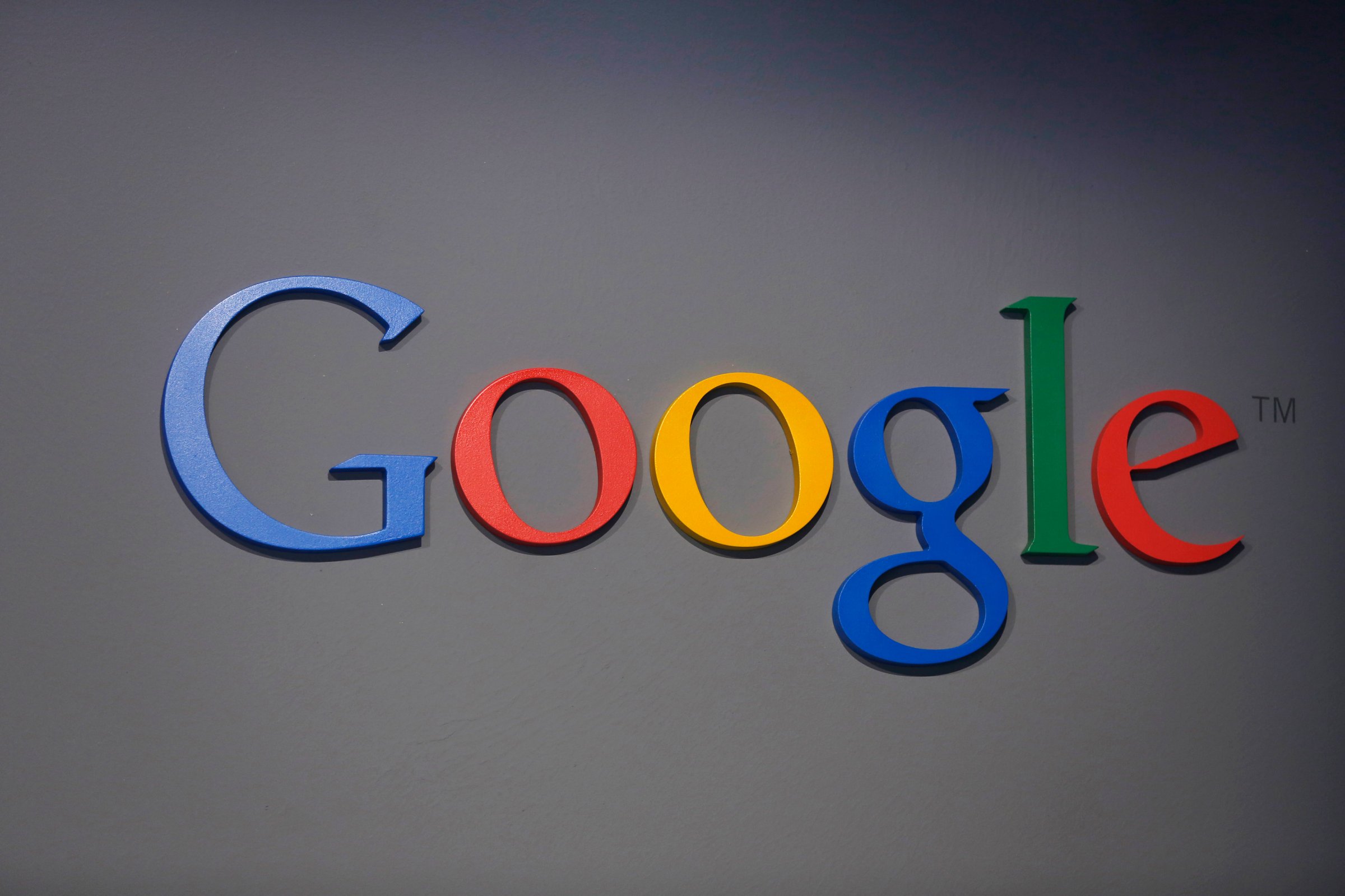
Google reached a tentative settlement with European Union regulators Wednesday that would require the tech giant to change its search display on the continent, but let the company avoid billions of dollars in antitrust penalties.
The preliminary agreement is the result of three years of high-profile legal wrangling and investigations in Europe, and would exempt Google from antitrust lawsuits as long as the company makes concessions about its search engine’s advertising operation, the Wall Street Journal reports.
The European Commission said in 2012 that Google unfairly promotes its own search results, among other concerns like forcing publishers to sign exclusivity deals and dissuading clients from using other online advertising sites.
The agreement stipulates that Google must feature the services of its competitors on its display in a way that is “comparable” and “clearly visible” next to Google’s links, marking them as “alternatives.”
Microsoft, which owns rival search engine Bing, strongly criticized the deal, saying it still puts the company at a competitive disadvantage to Google.
The deal, which is likely to be finalized later this year, follows Google’s 2013 agreement to change its search practices in the United States, to avoid formal Federal Trade Commission antitrust charges.
[WSJ]
More Must-Reads From TIME
- The 100 Most Influential People of 2024
- The Revolution of Yulia Navalnaya
- 6 Compliments That Land Every Time
- What's the Deal With the Bitcoin Halving?
- If You're Dating Right Now , You're Brave: Column
- The AI That Could Heal a Divided Internet
- Fallout Is a Brilliant Model for the Future of Video Game Adaptations
- Want Weekly Recs on What to Watch, Read, and More? Sign Up for Worth Your Time
Contact us at letters@time.com